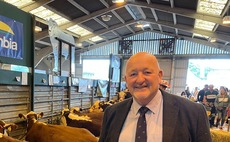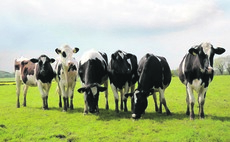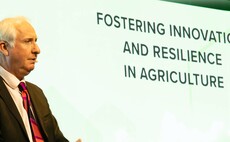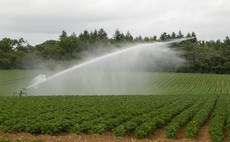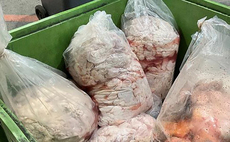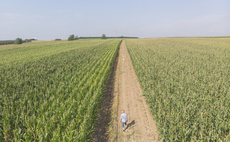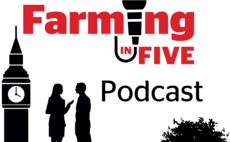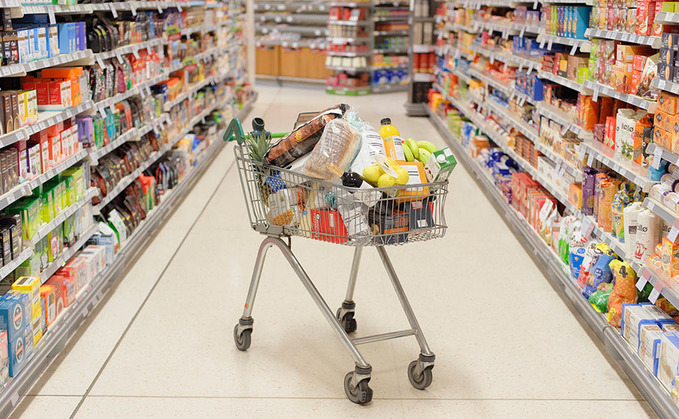
A new environmental label for food products has the potential to ’mislead’ consumers, industry leaders have said.
Their warning comes after Tesco, Sainsbury’s, Co-op and Morrisons prepared to trial a new eco-label by Institute of Grocery Distribution (IGD) to help offer customers more transparency.
It will be tested initially in a virtual reality environment to see how different pack colours, label locations and range sizes impact consumers’ awareness and understanding of labels and impact on sales, before in-store trials run in early 2023.
Backed by Defra and Wrap, the move is hoped to establish a system of measuring environmental impacts, with research commissioned by IGD on metrics including climate change, land-use, water quality and water use underpinning the scoring system.
But NFU deputy president Tom Bradshaw was concerned the initiative did not cover imported products and was unable to look beyond UK aggregated data.
"This may mislead consumers about the relative credentials of the product they are buying," he said.
"It is important to consider how any proposed environmental labelling gives the right signals to the consumer and the right incentives and outcomes for the farmers."
AHDB’s head of environment Jon Foot added the system must meet the needs of farmers, consumers and the UK economy.
"Given the complexity of environmental issues and the lack of robust data we are concerned that some of the assessments may have to depend upon expert-judgement to integrate these issues, and launching this scheme now may prove to be premature," he said.
He suggested all fresh produce should use a consistent labelling scheme regardless of country of origin, with the data underpinning the label covering a basket of environmental measures available to all consumers and subject to regular assurance audits to ensure no ’gaming of the system’.
This would then give retailers the capability to ’remove the worst performing produce’ without increasing affordability of the produce.
Flawed
Catherine Chong, of Consortium for Labelling for the Environment, Animal Welfare, and Regenerative Farming (C.L.E.A.R), warned without method-of-production as the primary data, the environmental impact story was deeply flawed.
"We also need to make sure that material sustainable issues specific to the UK are incorporated into the framework. We welcome any opportunities to engage with IGD and the list of participating retailers," she said.
Jimmy Woodrow, executive director at Pasture for Life: "I am instinctively sceptical of an industry-led approach to sustainability labelling that doesn’t include farmers and other key stakeholders.
"With the Government consulting on labelling we have a golden opportunity to make progress but it will be next to impossible if there are siloed approaches.
"For example, there is a need to agree the terms of reference before moving to the details of an on-pack label. IGD, like other similar schemes popping up, has ignored this critical aspect and it is, therefore, unlikely to be a solution that gets widely adopted."








